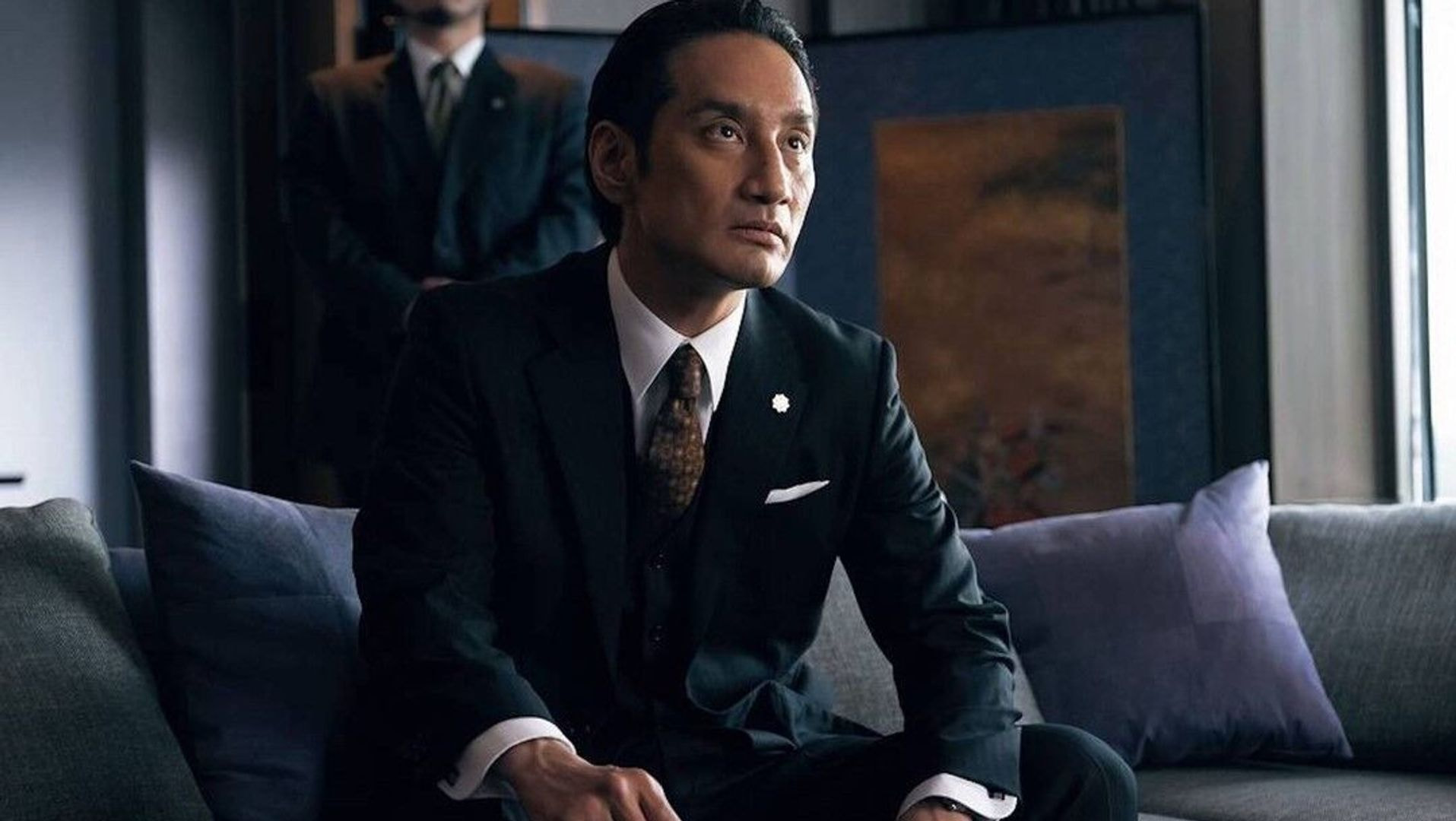By Raja Izz
Photo: Tokyo Vice (credit: HBO)
In the realm of Japanese organized crime, few groups have captured the world's imagination quite like the enigmatic Yakuza. With their tailored suits, intricate tattoos, and strict code of honor, the Yakuza have become an intriguing and mysterious part of Japanese culture. Their enigmatic aura has been the subject of countless movies, books, and video games, painting a picture of a world steeped in tradition, violence, and honor.
As we delve into the depths of this fascinating underworld, we will explore the code of the Yakuza, unravel their rich history, examine their impact on Japanese society, and uncover the invaluable lessons a modern gentleman can draw from this clandestine realm.
The Yakuza are not just ordinary criminals; they are a tightly-knit brotherhood with an unwavering adherence to their code. Known as "ninkyō dantai" meaning "chivalrous organizations" the Yakuza follow a strict set of principles that govern their actions and define their identity. Loyalty to their family, unwavering honor, and unbreakable bonds are the cornerstones of their code. These principles have been passed down through generations, shaping their conduct and earning them both respect and fear.


